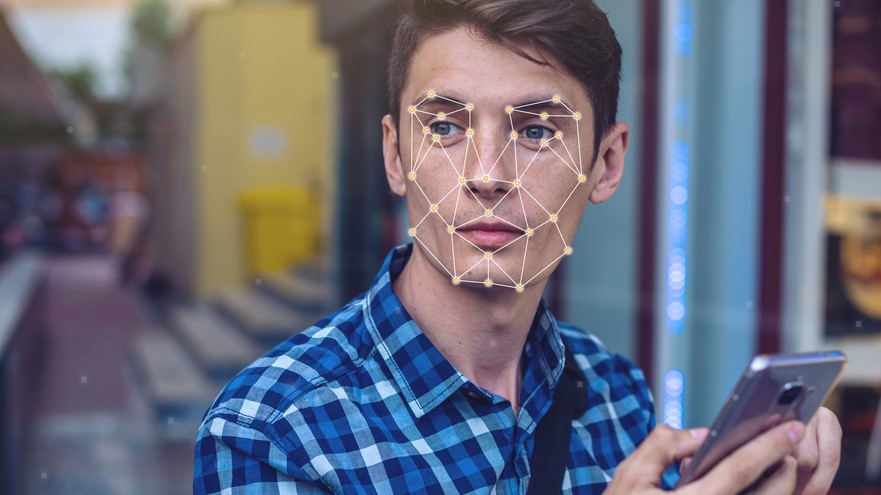Microsoft doesn't want police forces using Azure AI for facial recognition
Police are now banned from using OpenAI for facial recognition

In a significant (but quietly pushed) policy update, Microsoft’s Azure OpenAI Service has tightened its grip on the use of facial recognition technology by law enforcement agencies globally.
Spotted by The Register, the revised code of conduct explicitly prohibits real-time facial recognition on mobile cameras used by any law enforcement entity worldwide, including on-body police cams and dashcams.
Previously, the restrictions primarily targeted US state and local police, however the latest amendments from Microsoft now extend these limitations to law enforcement agencies globally.
Microsoft bans real-time facial recognition for law enforcement
The policy’s wording – specifically “real-time facial recognition technology on mobile cameras” and “in the wild environments” – suggests that the company has not banned agencies from outside of the US from using its cloud service for facial recognition on fixed cameras and post-event processing at a police station, but this is only speculation.
When prompted by The Register, Microsoft declined to comment on why it had revised the policy. However military and law enforcement tech company Axon recently announced it would be using GPT-4 to help transcribe audio from body cam for police reports.
Despite AI’s potential to transform industries and significantly improve efficiency, it has not been without its challenges. For example, artificial intelligence has been proven to show bias in some circumstances.
Microsoft’s own policy says that Azure OpenAI Service must not “be used to infer people’s sensitive attributes such as gender, race, or specific age from images or videos of them.”
Are you a pro? Subscribe to our newsletter
Sign up to the TechRadar Pro newsletter to get all the top news, opinion, features and guidance your business needs to succeed!
The policy applies to all OpenAI models hosted on the service, including the GPT and DALL-E families.
As discussions surrounding the ethical use of AI continue, Microsoft’s updated guidelines mark a notable step in regulating the application of AI-based facial recognition technology – a testament to the company’s claimed commitment to responsible and safe artificial intelligence.
More from TechRadar Pro
- We’ve rounded up the best AI tools and best AI writers
- AI-powered facial recognition is coming soon to a store near you
- Got you thinking about your webcam? Check out the best business webcams
With several years’ experience freelancing in tech and automotive circles, Craig’s specific interests lie in technology that is designed to better our lives, including AI and ML, productivity aids, and smart fitness. He is also passionate about cars and the decarbonisation of personal transportation. As an avid bargain-hunter, you can be sure that any deal Craig finds is top value!
